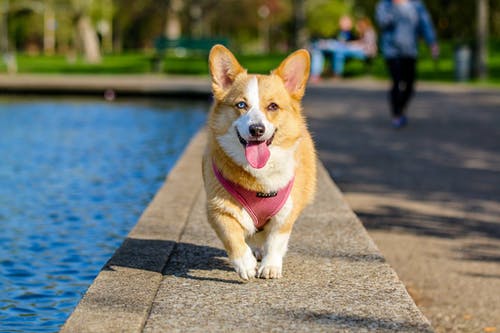
Pet Vaccinations: Why It’s A Must?
Should you vaccinate your pet? Vaccination is a contentious topic in the realm of veterinary medicine. Many animal health specialists and pet owners disagree on whether pet immunizations produce more damage than good. Is it vital to get vaccinated? Because of widespread rumors and allegations of danger, many pet owners are preceding vaccinations for avoidable pet ailments. As a direct consequence, there has been a concerning increase in the number of deaths among pets caused by diseases that could have been avoided. However, avoiding pet immunizations is bad, and here’s why.
Safeguards Your Pet’s Health
Immunizations offer defense against a wide range of diseases and infections that could affect your pet. Pets should get their vaccinations at an early age. Newborn pets, like human neonates, have a low immune system. As the month’s pass, young pets require the assistance of immunizations and booster doses to avoid and even combat symptoms of lyme disease.
Senior pets, like humans, require immune system support as they age. Veterinarians emphasize that prevention is always preferable to cure. Keeping up with your pet’s vaccinations is one of the best methods to help.
Legal Requirement
According to the AVMA (American Veterinary Medical Association), pet owners in the United States should update a dog vaccination, particularly rabies. Even if your pets are indoors, you must ensure that they have their rabies vaccination. Some states require all pet vaccinations by law. If you break this legislation, you will be fined heavily.
Health Insurance for Your Family
Veterinary health professionals learn more about recommending pet vaccines to safeguard the human family who cares for the animal. Pet immunizations can protect against zoonotic diseases such as leptospirosis and rabies, which can transmit from animals to humans.
They are essential if you have immunocompromised members of the household, such as tiny children, the elderly, or those suffering from chronic diseases.
Other Pets’ Safety
Many pet ailments are infectious. Pet professionals recommend regular immunization because it protects other pets in your home and neighborhood. If you immunize your pet, it will not spread infections to other pets. You are confident that no other pets will become ill when a bite occurs. Unvaccinated pets can be a major liability.
More Savings
Veterinarians encourage pet owners that frequent vaccines will save them money on pet healthcare. Your pets should receive pet immunizations to avoid long periods of isolation and costly treatments if they catch diseases.
Pet Boarding Policy
All pet boarding facilities in the United States demand documents demonstrating complete and up-to-date pet immunizations before accepting them. This assures the overall safety of the facility. This technique gives you peace of mind when you leave your pet there for days, knowing that the other animals are also healthy.
To Wrap It Up
Keep in mind that it does take time for an animal to develop immunity after receiving a vaccine. If you wait for an outbreak to emerge before vaccinating your pet, exposure may occur before the vaccine begins to act. You may assist ensure a better and happier life for both of you by taking preventative measures to protect your pet. Vaccinations are safe and effective for animals as young as six weeks old. Following the first immunization, additional vaccines can be done annually or every three years.


